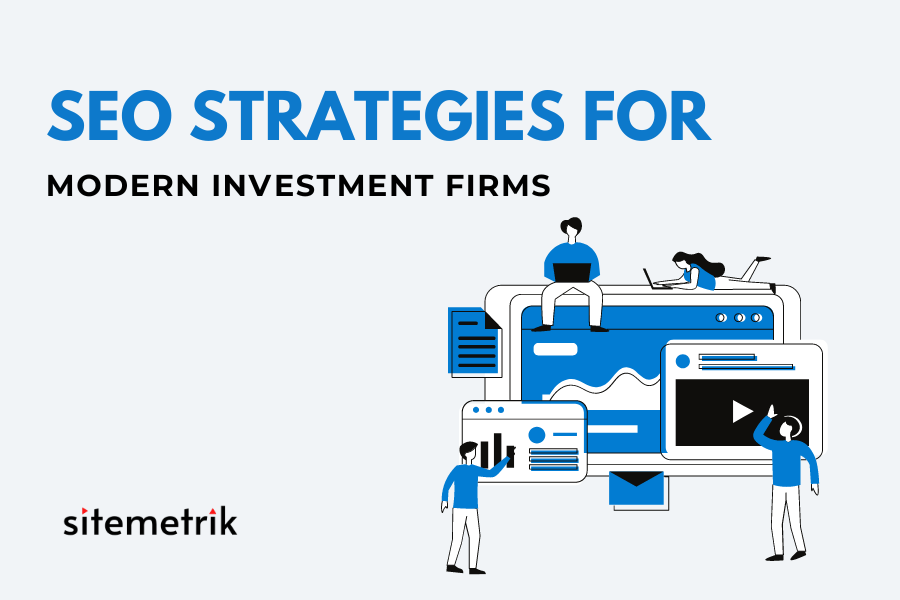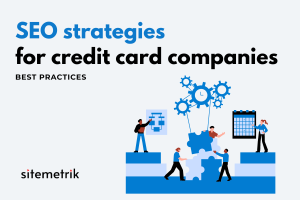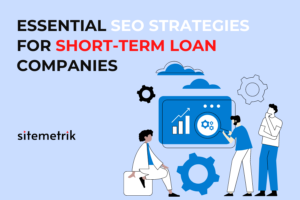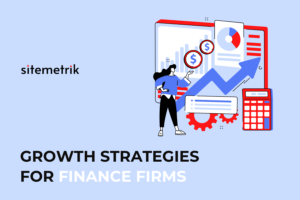From Physical to Digital Growth: Transforming the Mortgage Experience with SEO
The mortgage industry has long been stuck in its paper-based ways, with many lenders relying on outdated processes that hurt customer experience and limit their access to potential customers. With the rise of digital technology, lenders seek ways to transform their business models and tap into the digital world. A successful approach is to focus on search engine optimization (SEO) strategies that can help increase visibility and improve website performance.
SEO for mortgage firms and brokers emerges as a game-changer in the mortgage industry’s digital transformation journey, offering a pathway to enhanced visibility, better customer experiences, and increased access to a broader client base.
What is SEO?
Search Engine Optimization (SEO) is critical to online marketing strategies for mortgage firms and brokers. In today’s digital age, potential clients and customers increasingly turn to search engines like Google to find mortgage services. SEO involves optimizing a website to improve its visibility in search engine rankings, leading to increased organic traffic and qualified leads.
Mortgage brokers can enhance their online presence and attract potential clients by targeting relevant keywords and implementing on-page and off-page SEO strategies.
SEO includes strategies such as:
- Link building
- Keyword research
- Meta descriptions
- Content creation
These strategies improve the user experience and drive qualified traffic to a mortgage broker’s website. Overall, SEO is essential in capturing the attention of potential clients and staying ahead of competitors in the highly competitive mortgage industry.
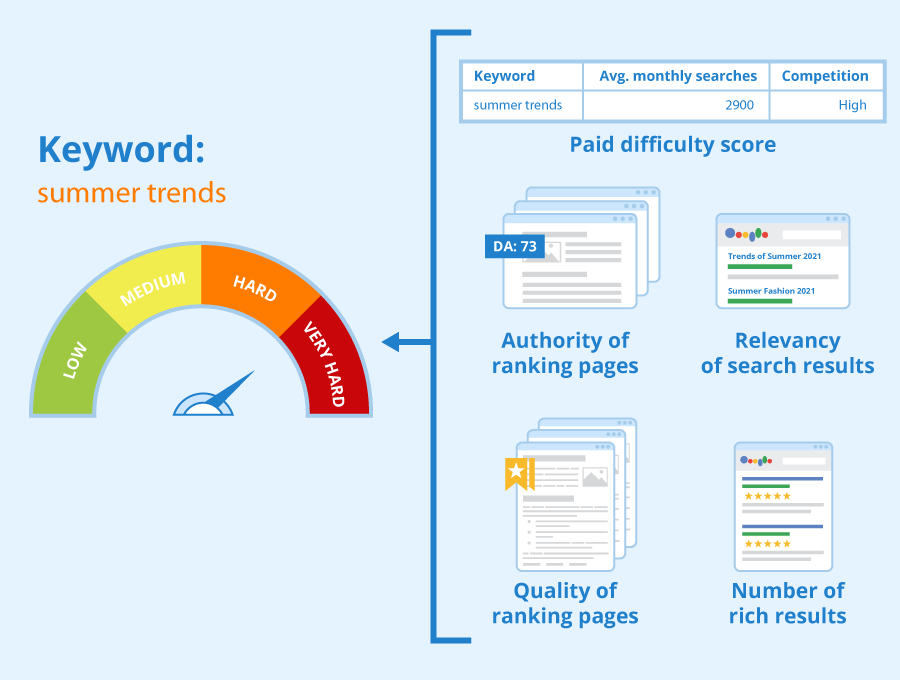
Why does the Mortgage Industry Need SEO?
A strong online presence is crucial for any business, including those in the mortgage industry. With most potential customers turning to the internet for mortgage needs, search engine optimization (SEO) is critical in helping mortgage brokers and firms stand out.
SEO strategies can significantly increase a mortgage broker’s online visibility. By ensuring their website appears at the top of search engine results pages, brokers can attract more potential customers and generate higher website traffic.
Brokers with an investment in SEO are more likely to rank highly when prospective customers search for terms relevant to mortgages. The likelihood of drawing in qualified leads and turning them into customers rises with this visibility.
Having mortgage brokers constantly show up on the first page of search results conveys to prospective clients that they are reputable and professional. Brokers can thus develop their brand’s reputation as a reliable supplier in the mortgage market and foster trust.
Mortgage brokers may make sure they are visible to their target audience and remain ahead of their competitors in the current digital world by investing in SEO.
Current Digital Mortgage Experience
Technological innovations are being welcomed by the mortgage sector in an effort to improve the borrowers’ overall mortgage experience. With the current digital mortgage experience, borrowers can apply for a mortgage, submit required documentation, and monitor the status of their application online in a smooth and quick manner. Borrowers can easily access mortgage services from the convenience of their homes or while on the go thanks to user-friendly mobile apps and internet portals.
Moreover, real-time information and notifications are provided via digital mortgage platforms, which lessens the requirement for continuous communication between lenders and borrowers. The mortgage process is made simpler, more transparent, and requires less time and effort thanks to this streamlined digital experience.
As more borrowers recognize the benefits of this digital transformation, mortgage firms, and brokers must prioritize their online presence and utilize the latest digital marketing strategies, including search engine optimization (SEO), to effectively reach and engage with potential customers in the digital mortgage landscape.
Understanding the Customer Journey in the Mortgage Industry
Understanding the customer journey is crucial for mortgage firms and brokers. This refers to potential clients’ process when searching for mortgage-related information online and making decisions.
During the customer journey, prospective customers conduct internet research to learn about various mortgage alternatives, interest rates, and lenders. To compare rates and get quotations, they could utilize search engines and websites pertaining to mortgages. Currently, mortgage brokers must make sure they are visible on search engine results pages and have a strong web presence. A website’s optimization and the use of pertinent keywords are two excellent SEO methods that can help draw in potential customers during this preliminary research stage.
As they proceed along the customer journey, potential customers enter the decision-making process. This is the point at which mortgage brokers must offer a flawless customer experience and establish themselves as reliable authorities in the field. Brokers can accomplish this by providing useful content, such blog posts or instructional materials, that answers frequently asked questions and concerns by prospective clients.
To convert potential clients into customers, mortgage brokers must leverage various touchpoints. These can include targeted advertisements, personalized email campaigns, and positive online reviews. By carefully crafting their marketing efforts to align with each stage of the customer journey, mortgage brokers can increase their chances of attracting qualified leads and closing deals.
Investigating User Experience & Engagement on the Website
When analyzing the user experience and engagement on a website, several key elements exist to investigate:
- The text flow on the website – Is the content organized logically? Does the content have clear headings and subheadings that guide the reader through the information? This helps improve readability and ensures visitors can easily find the information they seek.
- Subheadings – Subheadings are crucial in breaking up the text and making it more digestible. Subheadings not only help with visual appeal but also assist in scanning the content and understanding the main points.
- Including relevant images throughout the website – Images make the website visually appealing, and help convey information and enhance the user experience. They should be high-quality, properly sized, and optimized for fast loading times.
- Ensuring that the website is mobile-friendly – Mobile devices are now the primary means of accessing the internet, and if the website is not optimized for mobile, it can lead to a poor user experience and higher bounce rates.
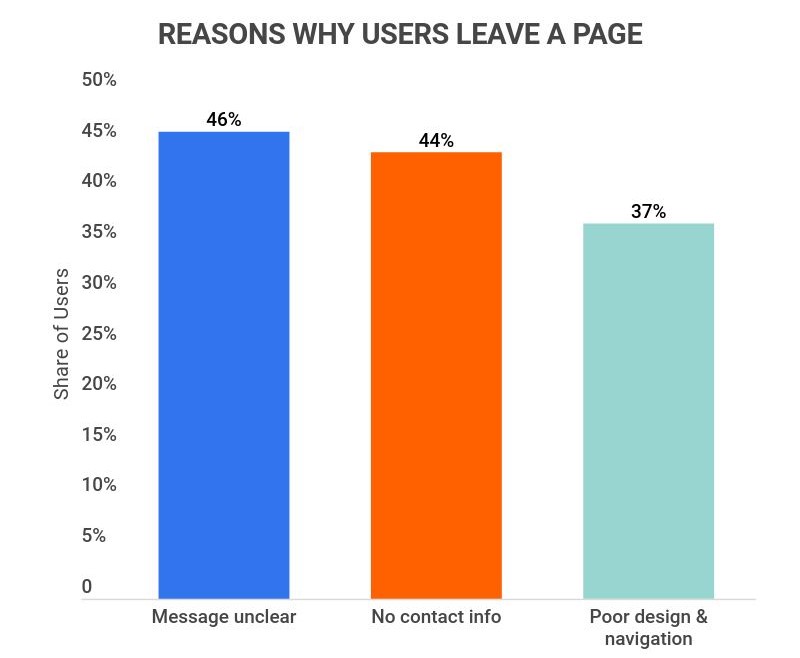
Why Is Mortgage SEO Not a Guessing Game?
Mortgage SEO is not a guessing game; it requires data-driven strategies to be successful. Gone are the days of randomly selecting keywords and hoping for the best. In today’s competitive online landscape, mortgage firms, and brokers must thoroughly understand their target audience’s search behavior and preferences.
Data-driven strategies involve utilizing tools to identify the most valuable keywords and search terms:
Keyword Research
- Through keyword research, mortgage businesses can optimize their website content and online presence to attract potential clients and drive organic traffic.
Competitor Analysis
- Competitor analysis is another critical component of data-driven mortgage SEO. By analyzing competitors’ strategies and online presence, businesses can gain insights into what works and what doesn’t. This information helps them position themselves better in the market and tailor their SEO strategies accordingly.
Website Performance Monitoring
- Website performance monitoring is also crucial to successful mortgage SEO. It allows businesses to track their organic search rankings, visibility in search engines, and user experience. Monitoring these metrics helps identify areas for improvement and make informed SEO decisions.
Mortgage SEO requires a data-driven approach rather than guesswork. By implementing these strategies,mortgage firms and brokers can stay ahead of the competition and maximize their marketing efforts.
Developing a Comprehensive SEO Strategy for Mortgage Brokers
Search engine optimization (SEO) has become critical for mortgage brokers looking to establish a strong online presence. By adopting effective SEO strategies, mortgage brokers can enhance their visibility in search engine rankings, attract qualified leads, and ultimately grow their mortgage business.
Link-Building Strategies for Off-Page SEO
Link building is a critical component of off-page SEO in the mortgage industry. Mortgage firms and brokers can improve their search engine rankings and increase organic website traffic by acquiring high-quality inbound links from reputable websites.
One effective link-building strategy is building relationships with authority websites and industry influencers. This can be done through guest blogging, where you contribute valuable content to relevant websites in exchange for a backlink to your website. Another strategy is participating in industry forums and discussions, engaging with other professionals, and providing helpful insights. Building credibility and relationships in these communities makes you more likely to receive inbound links from trusted sources.
Using relevant anchor text is important in link building. When other websites link to your website using anchor text that includes relevant keywords like “mortgage industry” or “mortgage broker,” it signals to search engines that your website is relevant to those terms. This can improve your website’s visibility in search engine results pages.
Diversifying your link sources is also crucial. Getting links from reputable websites shows search engines that your website is popular and authoritative. Mixing up the types of websites and sources your links come from, such as industry directories, news websites, or influential blogs, is important.
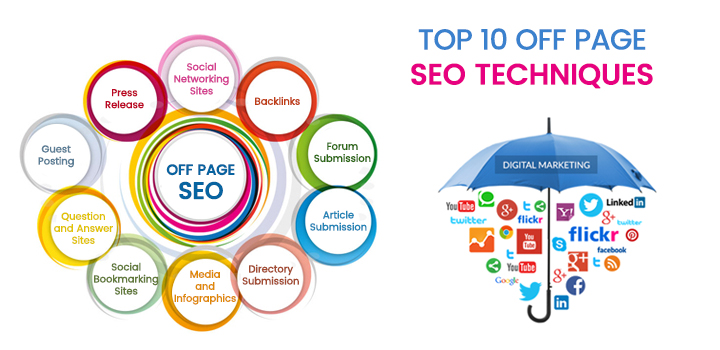
Utilizing Major Search Engines & Google Maps to Reach Qualified Traffic
Using well-known search engines like Google and their platforms, like Google Maps, is one of the best ways for mortgage brokers and firms to connect with qualified traffic.
Companies can improve their ranking in natural search results by researching keywords and using those terms in all of the content on their website. A website’s organic rankings are further improved by acquiring inbound links from influential people in the sector and from websites with authority.
One of the main components of local search is Google Maps. Businesses may connect with local customers by improving their Google My Business page with accurate information and showing up in local search results. This includes on-page optimization techniques like using precise geographical data and adding pertinent keywords to the business description.
Appearing in local search results can give mortgage firms and brokers a competitive edge. It allows businesses to target a specific audience, reaching potential customers actively searching for mortgage services in their area. This drives qualified traffic and increases the chances of attracting qualified leads for the business.
Employing Long-Tail Keywords to Increase Organic Search Results
Using long-tail keywords can prove to be a very successful tactic. Long-tail keywords are longer, more focused keyword phrases that are targeted at a specific audience, as opposed to shorter, more generic search terms.
Including long-tail keywords in the text of your website can improve its position in natural search results. This is due to the fact that long-tail keywords are more likely to correspond with the precise search terms that consumers and prospective clients use to find mortgage brokers and organizations.
The attractiveness of long-tail keywords is their capacity to draw in a more specialized audience. Long-tail keyword conversion rates are typically higher than those of larger keyword terms, despite the potential lower search volume. This is due to the fact that individuals who conduct targeted keyword phrase searches are typically further along in the buying process and are actively seeking out the precise goods or services they require.
Implementing an Effective Content Marketing Strategy for Mortgage Companies
One of the most powerful tools in digital marketing is content marketing. By creating and sharing relevant, valuable, and informative content, mortgage firms can establish themselves as industry experts, build trust with their audience, and drive qualified website traffic.
To implement an effective content marketing strategy, a solid plan is essential.
- Identify your target audience and understand their needs, pain points, and interests.
- Conduct thorough keyword research to uncover your potential clients’ search terms when looking for mortgage services.
- Develop a content calendar to guide your content creation process. Consistency is key in content marketing, so ensure you have a regular publishing schedule to keep your audience engaged and build a loyal following.
- Create a variety of content types: Blog posts, Videos, Infographics, E-books
- Prioritize quality over quantity. Craft well-researched, well-written, engaging content that adds value to your audience. Avoid using excessive industry jargon and focus on providing actionable advice, tips, and insights.
- Promote your content across various channels to maximize its reach. Share your content on social media platforms, email newsletters, and industry forums to attract a wider audience and drive traffic back to your website.
Implementing an effective content marketing strategy takes time, effort, and consistency. Creating content that resonates with your target audience can establish your brand as a trusted authority in the mortgage industry, drive qualified leads, and ultimately grow your business.
Setting Up Google Analytics to Monitor Performance of SEO Efforts
Setting up Google Analytics is a critical component of monitoring the performance of your SEO efforts. By leveraging this powerful tool, you can gain valuable insights into the effectiveness of your online marketing strategies.
The most important metrics to track in Google Analytics include organic traffic, which shows the number of visitors coming to your website through organic search. Keyword rankings indicate how well your website ranks for specific search terms, allowing you to gauge the effectiveness of your keyword optimization.
Conversions are another critical metric to monitor as they track the goals achieved on your website, such as form submissions or purchases. The bounce rate reveals the percentage of visitors leaving your website without interacting with other pages. Lastly, referral traffic tells you how many visitors are coming to your website from external sources.
By regularly checking and analyzing these metrics in Google Analytics, you can measure the success of your SEO efforts, make data-driven decisions, and continuously optimize your website for better performance in search engine rankings.
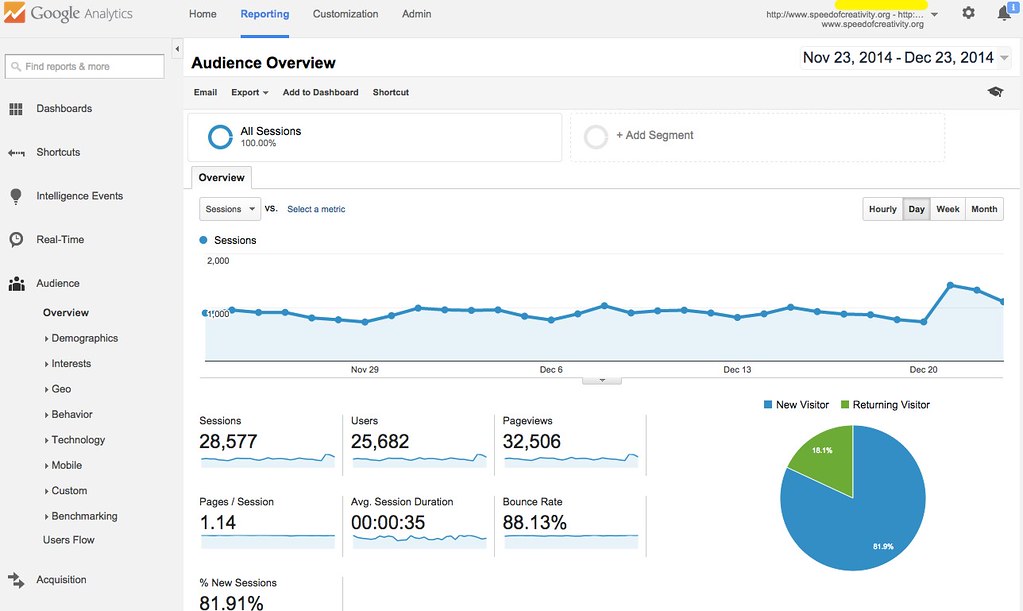
Leveraging Positive Reviews to Improve Brand Reputation
Mortgage brokers’ brand reputation is greatly enhanced by positive online reviews. Online reviews play a major role in helping potential clients make judgments. These evaluations impact a mortgage broker’s credibility and trustworthiness by serving as testimonies from prior customers and supplying social proof.
Building a good online reputation requires genuine customer feedback. When satisfied clients leave positive reviews, it showcases the broker’s expertise, professionalism, and outstanding service. These reviews indicate a broker’s ability to deliver on promises, attracting potential customers seeking reliable, trustworthy mortgage services.
However, it’s not enough to simply gather positive reviews. Ongoing efforts in soliciting and responding to reviews are equally important. By actively seeking feedback and responding to reviews, brokers demonstrate their commitment to customer satisfaction and create a positive impression among potential clients. This engagement shows that brokers value their customers’ opinions and strive to improve their services.
Leveraging positive reviews has numerous benefits in the mortgage industry:
- It helps establish trust
- It contributes to higher search engine rankings, boosting online visibility and organic traffic.
- It creates a compelling and persuasive narrative that differentiates them from competitors.
Maximizing Online Potential: The SEO Agency Connection
Partnering with an exceptional SEO agency can revolutionize the online presence of mortgage brokers, delivering many benefits and services that can transform the mortgage experience for both brokers and their clients.
One of the primary advantages of engaging an SEO agency is achieving higher search engine rankings. Through expert strategies and optimization techniques, brokers can rise to the top of search results, increasing their visibility and attracting more potential clients. This increased visibility translates into greater website traffic, generating a steady stream of qualified leads for the broker’s mortgage services.
Partnering with an exceptional SEO agency can transform the mortgage experience for brokers and their clients. With higher search engine rankings, increased website traffic, and an improved user experience, brokers can establish themselves as industry leaders and attract a steady flow of qualified leads.

Baris Coskun
Baris Coskun is 8 years experienced SEO Expert that specializes in content and technical SEO strategy creation/implementation progress for large-scale, multilingual, and international targeting websites.

